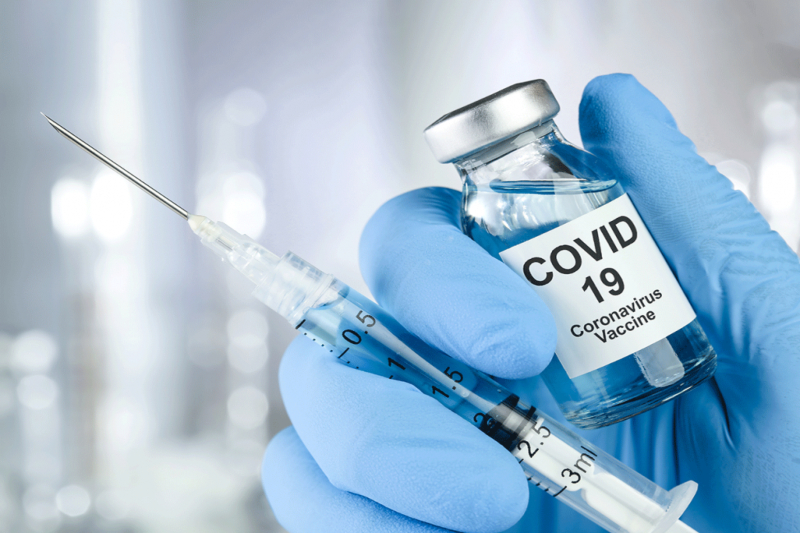
Immunity & Covid-19 vaccine regime: what do we know?
Covid-19 pandemic has kept all scientists on their toes who are trying to get better understanding around immunity around the SARS-CoV-2 virus. Immunity that is achieved both after contracting and recovering from Covid-19 infection, as well as after receiving vaccine against the coronavirus – single dose, both doses and also booster dose. The other part of deep quest is to understand how long lasting the immunity will be after the booster dose. Though the experts say it is early to tell, they share confidence of cracking the code soon.
Dr. Peter Marks, director of the US Food and Drug Administration’s Center for Biologics Evaluation and Research said on Thursday that a booster vaccine will be needed at some point, but how sooner is not clear. Dr. Marks said during a Covid-19 Vaccine Education and Equity Project Webinar, “We’ll have to see where this all interacts. Is it possible we’re going to need a booster at some point? Yes. Is it probable? Yes. Do we know exactly when? No. But if I had to look at my crystal ball, it’s probably not sooner, hopefully, than a year after being vaccinated, for the average adult.”
Related Posts
Immunity is measured by presence of antibodies, which are the proteins made through immune response by body’s immune cells. Immune system is an amalgamation of various cells found in body – B Cells that produce antibodies and T Cells that target the infected cells. Research has shown that T cells and antibodies can also detect infections from pathogen variants. This is important in light of emerging variants of novel coronavirus across the world. After individual recovers from natural immunity through previous infection, vaccines provide cover for the immunity.
One thing that experts want to clear the air on is what is booster dose, why we might need it and what does it imply on the immunity. Immunity from Covid-19 means the individual is protected against the infection. It is achieved after getting vaccinated and also once recovered after contracting the novel coronavirus. In both cases the immune response of developing antibodies remains in ‘cell memory’. With talks of getting a booster shot after second dose of vaccine, many people are concerned what does it mean. Does it mean that after second dose our immunity is still not achieved and so a booster shot is required? No, absolutely not!
Booster shot is not about efficacy of vaccine but about ‘durability’. In fact the immunity is at its peak after receiving second dose of Covid-19 vaccine. The question, that even experts are working to solve is that for how long the immunity lasts. Here comes the role of booster dose – as body’s immunity, aka desired antibodies start to decline the booster dose will ramp up that level and raise immunity against the novel coronavirus. But after how long this dose is required is not certain and studies are in work to determine that period as multiple vaccine manufacturers acknowledge the need of booster shot. Pfizer, for example, has released guidelines for a booster dose six months after receiving second dose of vaccine.
One more point of study is that coronavirus might behave as influenza virus. This means that we might have to take annual vaccine against Covid-19, very much like the flu shot taken every year. But it’s still too early to determine this aspect, claim experts.




